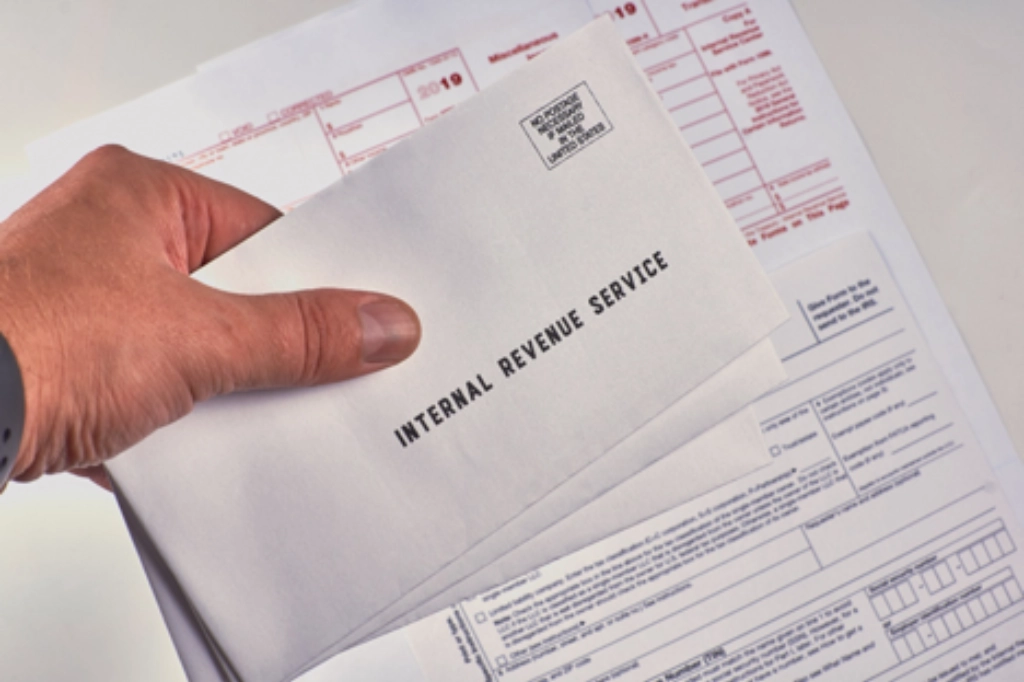
IRS Provides Insight on How and When They Contact Taxpayers: What You Need to Know (IR-2023-56)
The IRS recently issued a statement (IR-2023-56) detailing the various ways it may initiate direct contact with taxpayers, and how it strives to maintain a professional and friendly approach in its interactions. This information is especially useful for those who may not have a deep understanding of tax laws or procedures.
When it comes to paying taxes, the IRS offers numerous options to help individuals meet their obligations. By submitting their tax returns and choosing a suitable payment method, taxpayers can avoid late filing and interest penalties. The deadline for tax payments for tax year 2022 is April 18.
For those who may struggle to pay their taxes in full by the deadline, the IRS provides several alternatives. One popular option is the Online Payment Agreement, which allows most individual taxpayers to set up a payment plan, including installment agreements, to pay off outstanding balances over time.
Taxpayers facing tax issues, such as unpaid bills or questions about their taxes, will typically receive multiple letters from the IRS via regular mail. Responding promptly to these letters is crucial, as interest and penalties can accumulate quickly.
In certain situations, the IRS may also visit a taxpayer’s home or business for collection investigations, audits, or ongoing criminal investigations. These in-person visits are conducted by revenue officers, revenue agents, and IRS Criminal Investigation (CI) special agents.
Revenue officers work to resolve compliance issues, such as unfiled returns or taxes owed, while revenue agents usually conduct in-person field audits. IRS employees always carry two forms of official credentials, and taxpayers have the right to verify their identification.
IRS-CI special agents investigate potential criminal violations of the Internal Revenue Code and related financial crimes. They may visit a taxpayer’s home or business unannounced during an investigation but will not demand payment.
If you suspect someone is impersonating an IRS employee and you don’t have a known tax issue, there are several ways to report phone, email, and other impersonation scams. You can report scams to the Treasury Inspector General for Tax Administration, the Federal Trade Commission, or email the IRS at phishing@irs.gov.
For more information on identifying legitimate IRS representatives, reporting scams, and staying informed about recent tax scams and consumer alerts, visit IRS.gov. By staying vigilant and informed, taxpayers can ensure they navigate their tax obligations confidently and securely.
***Disclaimer: This communication is not intended as tax advice, and no tax accountant -client relationship results**
